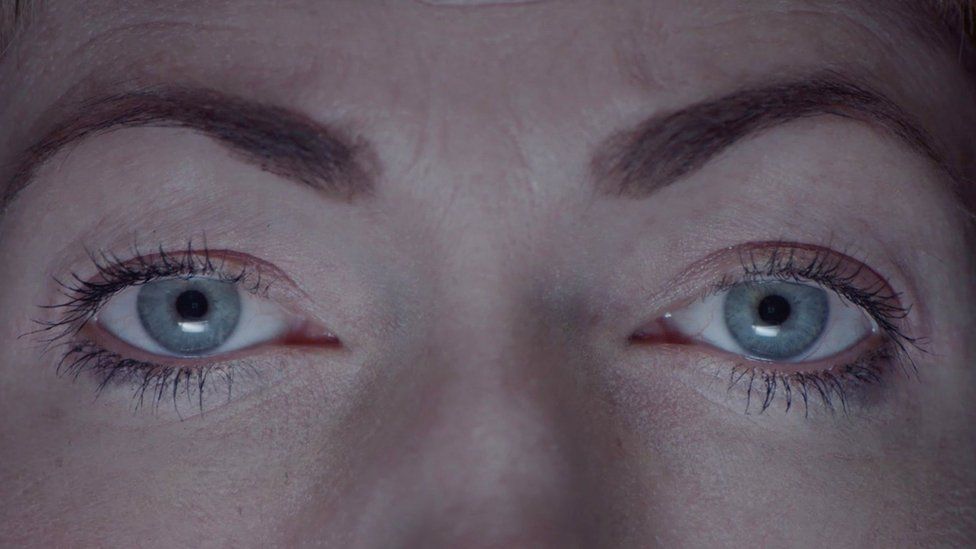A documentary about deepfake porn's effects is in the works, and the director says she hopes it will shed light on the immense trauma it causes.
The story of what transpired for author Helen Mort after learning that pictures of her face had appeared on deepfake images on a porn website is told in Rosie Morris' movie My Blonde GF.
An image that has had the face of one person digitally added to the body of another is referred to as a deepfake.
Helen believes the images of her may have been taken from a previous Facebook account and/or publicly available professional photographs of her.
In the movie, she can be seen looking through pictures of herself when she was 19, smiling at family gatherings and weddings, and when she was pregnant.
These are the pictures that were later digitally edited onto pictures of women participating in violent and suggestive scenes.
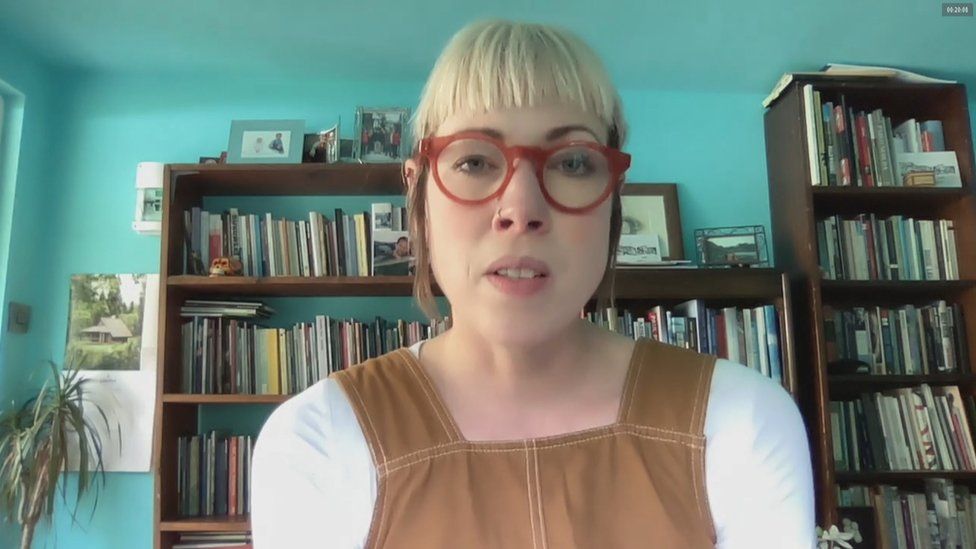
Speaking directly to the camera, she declares, "I needed to see the pictures for myself. The audience feels like they are participating in an awkward conversation.
The woman is sitting on the edge of the bed, has my face but not my mouth, and is performing a sexual act. The woman's skin is much more tanned than mine would be, and she has the same tattoo as me.
She is studying a text message. an invitation to degrade the subject of the photograph, which is me. ".
Helen is referred to as "My Blonde GF" in the text, which becomes the subtitle of the documentary.
Morris was interested in learning more about Helen's reactions to the images, which included nightmares that were horrifying and graphic and paranoia.
Helen claims that she frequently has the impression that "people on the street knew about the pictures and knew this horrible secret about me, which suddenly felt like my horrible secret.".
Although it isn't the first time she has discussed this, and there are other documentaries on deepfake porn, how is Morris's film unique?
"My film doesn't pay any attention to the perpetrator - I'm not interested in the person's headspace," the director claims. "My main objective was to get you to accompany Helen while telling her story.
"You are with her at every stage; when I first met her, she was still thinking it through and attempting to sort it out. Therefore, the only way to make you truly feel it is if you stay by her side throughout.
"When I first met Helen, I was astounded to learn that you can violate someone's sexual integrity without actually touching them.
"That's the thing that inspired me, and I think that's the thing that most surprised me. " .
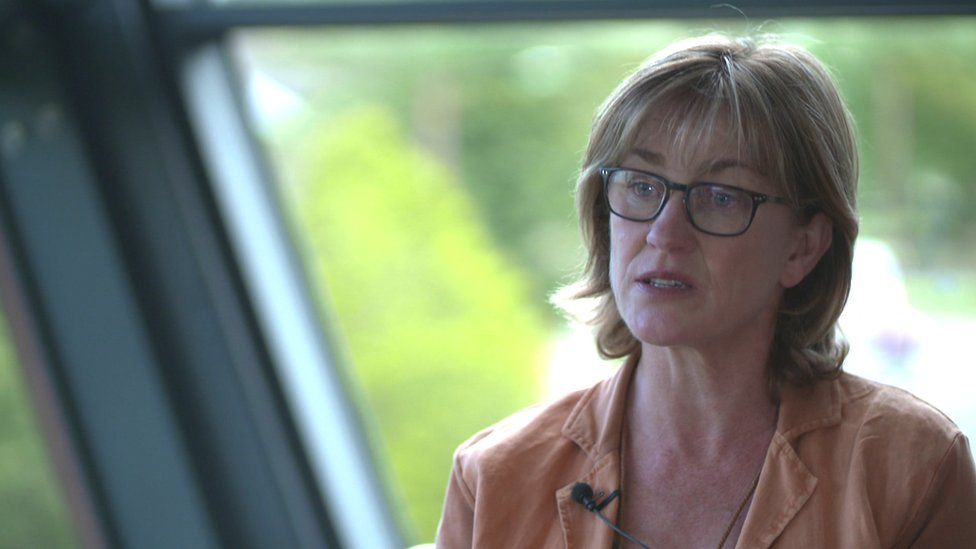
Being subjected to deepfake porn can be extremely traumatic. The impact can be devastating and life-shattering, according to Prof. Clare McGlynn of Durham University, a specialist in image-based sexual abuse.
"Many victims speak of a type of'social rupture,' where their lives are divided into "before" and "after" the abuse, with the abuse affecting every aspect of their lives—professional, personal, economic, health, and well-being. ".
I did feel like those were real images, and it's hard to explain to someone who hasn't seen that with their own pictures, what is it really - they've done nothing to me, Helen says in the movie.
But they have implanted all of this information and these images in my head, and I am unable to erase any of them. Even the flawlessly unaltered pictures don't appear to me in the same way.
"Now that I look at that picture [of her wearing a dress], if I saw it on my own, I would think it was a picture of an assault. ".
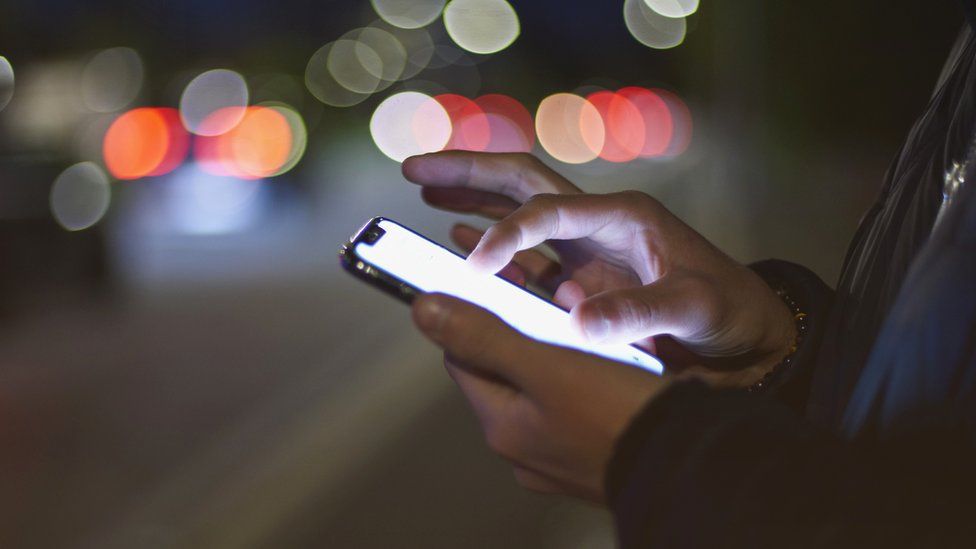
Morris continues, "The images plague Helen.".
The fact that I don't think you can easily distinguish an image from a memory, unlike with pictures, is what I find to be the most unsettling. You don't know if you remember the moment or the picture of it when you look back, you know.
Therefore, what has happened to Helen is that these images, which are connected to memories, have been appropriated and almost planted these false so-called false memories in her mind. And really, there is no way to quantify that trauma.
Because of the emotional connection to the original image, this feels like a psychological assault. ".
According to Kent Law School Professor Erika Rackley and some of their colleagues, they conducted interviews with survivors of image-based sexual abuse a few years ago, according to the BBC.
In the context of deepfakes, one of them said the image was "still a picture of you... it's still abuse," she claims.
Sensity AI, a company that tracks deepfakes, found that 96% of them were non-consensual sexual images, and that 99% of them were of women. .
Prof. McGlynn concurs, saying: "Women are much more likely to experience this abuse, and men are primarily responsible for doing it.
"Deepfake porn is another example of how society does not always take crimes against women seriously. Online abuse is all too frequently minimized and dismissed. " .
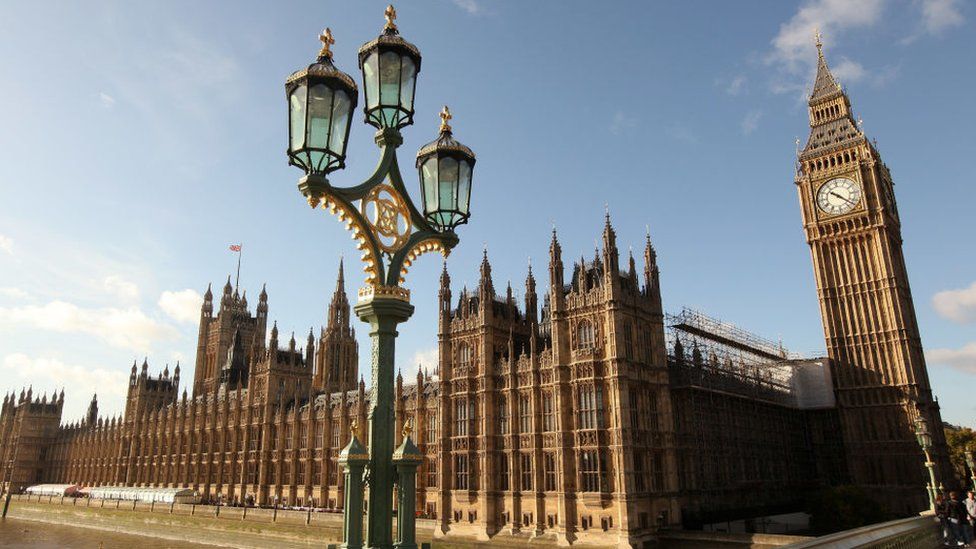
Helen mentions the unfathomable anxiety of not knowing who created the images.
She claims that her eyes are fixed on the camera in every single one of the images. "However, this profile creator and image hoarder has remained anonymous throughout it all. ".
When she learned that police were powerless to bring the creators of the images to justice, she was even more horrified.
Since no crime had been committed, they informed her that there was nothing they could do. Making deep-fake images is not against the law.
Police can already look into it in Scotland under the current legal framework, but that is not the case in England or Wales.
Sharing non-consensual deepfake porn images will become unlawful under the upcoming Online Safety Bill, which is currently being reviewed by the House of Lords.
The "changes in the bill are long overdue," according to Prof. McGlynn. However, in order for it to be truly effective, "it needs to name online violence against women and girls as a priority problem, and include measures to ensure internet platforms take these abuses seriously.".
The bill is expected to become law this year, according to the Department for Science, Innovation, and Technology, which is in charge of it.
Morris says at the end of her film that she is "trying to ask questions," and she adds, "I don't have solutions, but I really feel it's something we need to pay attention to.".
She adds: "I think they give you a window into other people's lives. I think the importance of documentaries cannot be understated.
"I think we're so focused on our own experiences and how we present ourselves these days because of social media.
"It's crucial to consider how other people live and perceive the world.
. "

